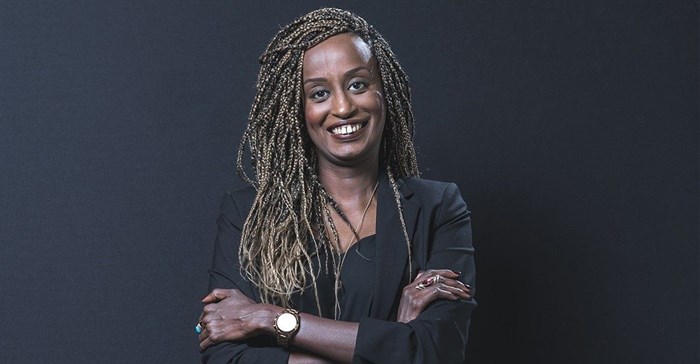
Top stories






More news


Marketing & Media
Ads are coming to AI. Does that really have to be such a bad thing?














Herself a victim of the practice, gender rights activist Leyla Hussein believes it's time to call it what it is. Hussein was one of the speakers at the recent Oslo Freedom Forum (OFF) in Johannesburg.
“I thought I had escaped the wort trauma of FGM but, after a routine examination, I blacked out. It was only then that I understood that I had blocked out the trauma of what had happened to me. I was cut with 200 million other women, purely because we are women. We need to call it for what it is.”
She took on the role of breaking the cycle and to protect girls from this practice. “FGM is an attack on female sexuality and part of a war on female sexuality that also includes other forms of discrimination against women, such as child marriages and unequal pay for men and women.”
For her, language is very important in this work. “FGM is not a cultural or religious practice, it is child abuse. A cultural practice is the food we eat and music we listen to. Harming or abusing a human being is not cultural and we need to speak about it not as cultural but as abuse.”
“If you pinned a seven-year-old down on a table and touched her genitals in the UK, you would be arrested because that is sexual assault. Touching a child’s genitals is abuse, and I am calling FGM the worst type of sexual abuse,” she added.
Education is the key for her in the battle against FGM. “My focus is educating the next generation as they are the decision makers of the future.”
Hussein comes from Somalia, but lives in the United Kingdom from where she conducts her fight. “I thought the British love baking and people are scared of the vagina, so why not? One also needs to have a sense of humour.” The result is vaginal cupcakes and the outcome has been amazing.
“The cupcakes campaign has gained momentum and allowed me into places to talk to people I would otherwise not have gained access to. For example, 10 Downing Street.”
She emphasised the need to speak and engage with politicians and not religious and community leaders. “They do not change anything, but politicians can. They are the ones who must do something, so I am going after them.”
If policies can be changed, it will help. “Some policies have been changed, so baking a cupcake has helped.”
Truly humbled by @LeylaHussein... What an amazing woman fighting #FGM with incredible energy and attitude.
— Wayne Habig (@Pencilgraffiti) March 26, 2018
Thank You #OFFinJoburg pic.twitter.com/QS01aWre9u
FGM is a global problem, it is not just an African one. “It is practiced in the United States ... where half a million women live with FGM. In the UK, 137,000 women live with FGM and 66,000 under the age of 15 are at risk.”
Raising awareness has opened the door for girls and women to come forward. “It has allowed us to create safe places,” she added.
A global counselling programme has been set up and the Dahlia Project works with survivors. “A woman cannot heal from this, but we can learn how to deal with it and reclaim our sexuality. We need to stop tiptoeing around the subject. Women do not need to alter their bodies to be beautiful and lead great lives. We should not be ashamed of our body and sexuality and that’s why we need to invest in our girls.”
